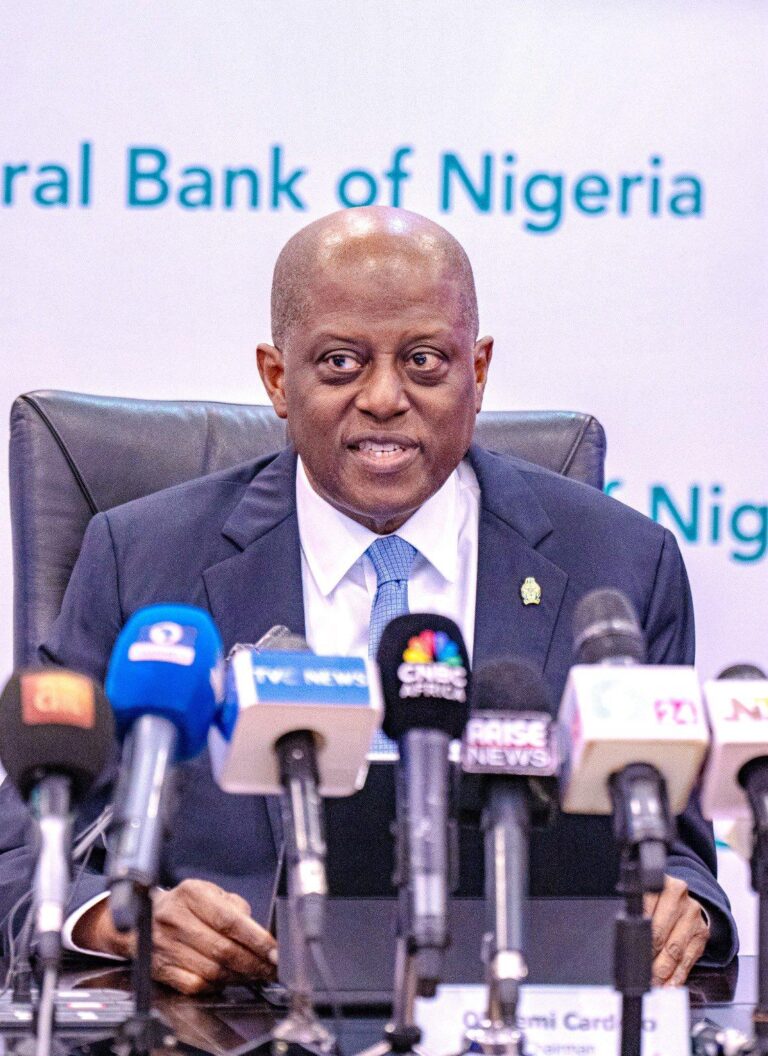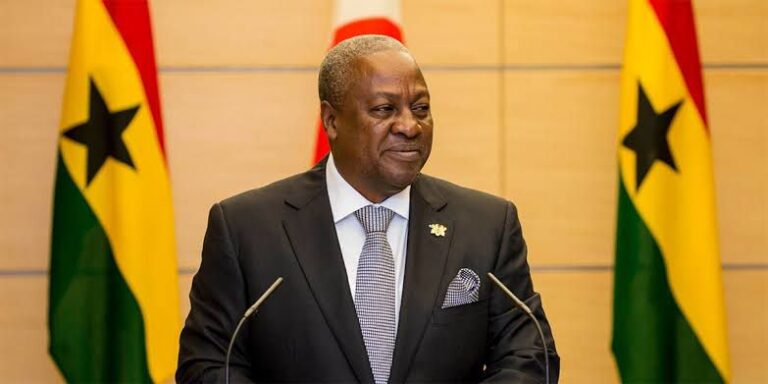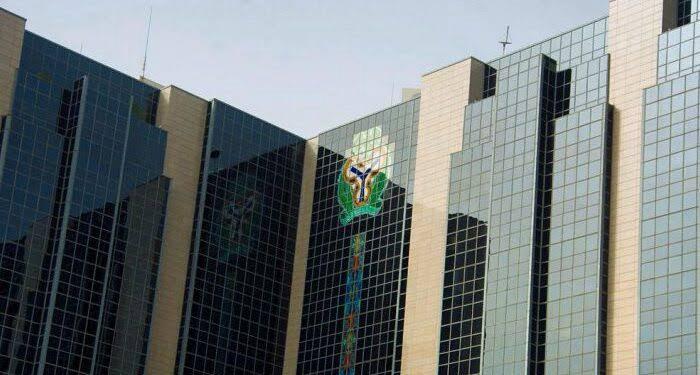Recent data from the central bank of Nigeria (CBN) shows the nation’s foreign exchange (FX) reserves has been on an upward trajectory since the appointment of Mr. Olayemi Cardoso as the CBN governor.
The presidential spokesman on Monday, Mr. Bayo Onanuga highlighted this impressive performance, while noting that in 2023 the FX reserves stood at $32 billion US dollars but it’s now over $40.159 billion in August 2025 – 25% increase within two years.
“Surely, the management of the economy is in good hands.” The presidential spokesman said.
Before Cardoso’s appointment in late 2023, Nigeria’s FX reserves were in a state of continuous decline. The reserves, which stood at $33.22 billion in December 2023, had been depleted by an estimated $7 billion due to the CBN’s efforts to defend the Naira and a significant backlog of unfulfilled foreign exchange obligations.
Cardoso’s leadership marked a new chapter with a clear focus on market-oriented reforms and restoring confidence.
A key policy was the unification of the exchange rate, collapsing the various segments into the Nigerian Foreign Exchange Market (NFEM). This move, coupled with the aggressive clearing of the FX backlog, has been pivotal.

The results of these reforms are best illustrated by the figures. The CBN’s proactive measures, which included an aggressive monetary tightening stance, raising the Monetary Policy Rate (MPR) by a cumulative 875 basis points to 27.5% in 2024, and maintaining the same rate in 2025, have been instrumental in attracting foreign inflows.
Here is a month-by-month breakdown of the reserve’s recent trajectory:
- January 2024: The reserves began the year at approximately $40.88 billion.
- May 2025: The reserves stood at $38.45 billion.
- July 2025: A slight decline was recorded, bringing the reserves to $37.19 billion.
- August 2025: The reserves reached a significant milestone, surpassing the $40 billion mark to hit $40.159billion.
While there have been fluctuations, the overall trend has been positive. The reserves have climbed from a low point of around $32 billion in May 2023 to exceeding $40 billion at various points in 2024 and 2025.












